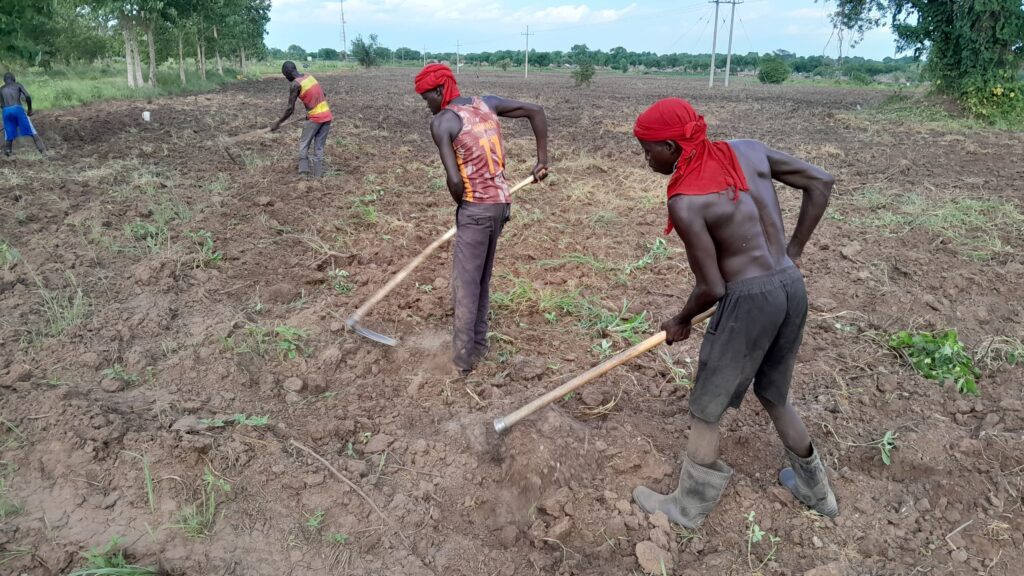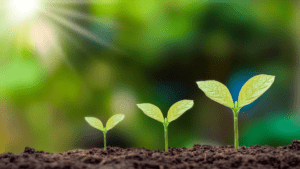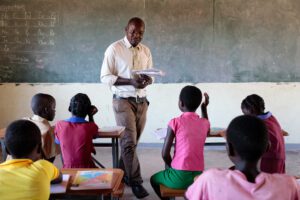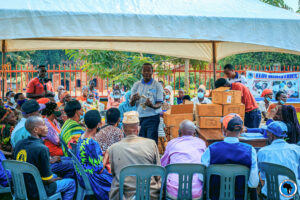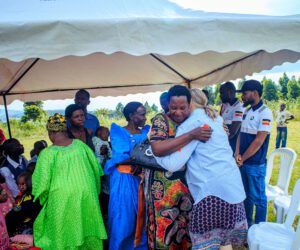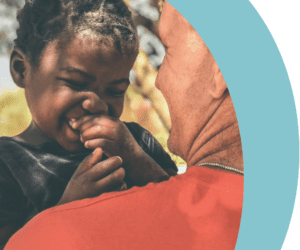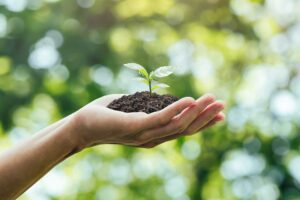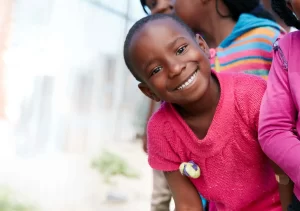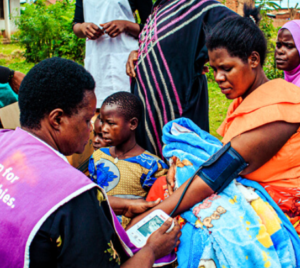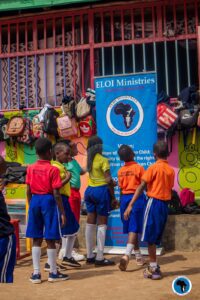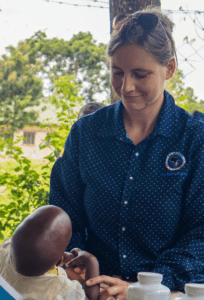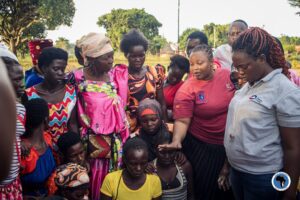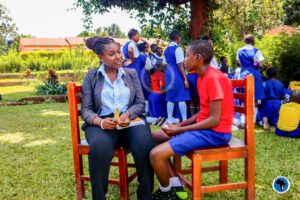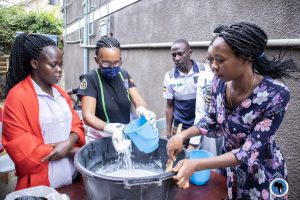Author: Bagombeka Job
Climate change presents a significant challenge to Uganda, with its impacts being felt across various sectors including agriculture, water resources, and health. Recognizing the urgency to address these issues, ELOI Ministries Uganda has stepped up as a key player in climate change mitigation efforts. Through a combination of community education, sustainable practices, and innovative projects, ELOI Ministries is making a tangible difference in protecting the environment and fostering resilience among vulnerable populations.
Community Education and Awareness
A cornerstone of ELOI Ministries Uganda’s approach to climate change mitigation is community education. They believe that informed communities are empowered to take action. Their educational initiatives include:
- Workshops and Seminars: ELOI Ministries organizes workshops and seminars in local communities to raise awareness about climate change, its causes, and its impacts. These events educate participants on the importance of environmental conservation and sustainable practices.
- School Programs: By partnering with schools, ELOI Ministries integrates environmental education into the curriculum. Students learn about climate change, renewable energy, and the importance of biodiversity, fostering a generation of environmentally conscious citizens.
- Information Campaigns: Utilizing various media platforms, including radio, social media, and community bulletin boards, ELOI Ministries disseminates information on climate change and practical steps individuals can take to reduce their carbon footprint.
Promoting Sustainable Agriculture
Agriculture is a vital part of Uganda’s economy, but it is also one of the sectors most vulnerable to climate change. ELOI Ministries Uganda promotes sustainable agricultural practices to enhance food security and resilience against climate impacts. Their initiatives include:
- Conservation Agriculture: Training farmers in conservation agriculture techniques such as crop rotation, intercropping, and minimal tillage. These practices improve soil health, increase yields, and reduce greenhouse gas emissions.
- Agroforestry: Encouraging the integration of trees into agricultural landscapes. Trees provide shade, improve soil fertility, and act as carbon sinks, helping to mitigate climate change.
- Organic Farming: Supporting farmers in transitioning to organic farming practices that reduce the reliance on chemical fertilizers and pesticides, which can harm the environment.
Reforestation and Afforestation Projects
Forests play a crucial role in absorbing carbon dioxide and regulating the climate. ELOI Ministries Uganda has initiated several reforestation and afforestation projects to restore degraded lands and increase forest cover. These projects include:
- Tree Planting Campaigns: Mobilizing communities to participate in tree planting drives. ELOI Ministries provides saplings and technical support to ensure the survival and growth of new trees.
- Forest Conservation: Working with local governments and communities to protect existing forests from illegal logging and encroachment. They promote sustainable forest management practices that balance ecological needs with community livelihoods.
- Community Woodlots: Establishing community-managed woodlots that provide a sustainable source of firewood and timber, reducing pressure on natural forests.
Renewable Energy Initiatives
Access to clean and renewable energy is vital for reducing carbon emissions and promoting sustainable development. ELOI Ministries Uganda is at the forefront of promoting renewable energy solutions, including:
- Solar Energy: Distributing solar lanterns and home solar systems to off-grid communities. These systems provide a reliable source of clean energy, reducing the reliance on kerosene lamps and traditional biomass for lighting.
- Biogas: Promoting the use of biogas technology for cooking and lighting. Biogas systems convert organic waste into clean energy, reducing deforestation and improving sanitation.
- Energy Efficiency: Educating communities about energy efficiency measures such as improved cookstoves, which use less fuel and produce fewer emissions.
Water Conservation and Management
Climate change has exacerbated water scarcity issues in many parts of Uganda. ELOI Ministries Uganda implements water conservation and management projects to ensure sustainable access to water. Their efforts include:
- Rainwater Harvesting: Installing rainwater harvesting systems in schools, health centers, and households to capture and store rainwater for use during dry periods.
- Water Conservation Education: Teaching communities about water-saving techniques and the importance of protecting water sources from pollution and overuse.
- Wetland Restoration: Working to restore degraded wetlands, which act as natural water filters and buffers against floods and droughts.
Building Climate Resilience
ELOI Ministries Uganda also focuses on building the resilience of communities to the impacts of climate change. This involves:
- Disaster Preparedness: Training communities in disaster risk reduction and preparedness. This includes creating early warning systems and developing community action plans for responding to climate-related disasters.
- Livelihood Diversification: Supporting alternative livelihoods that are less vulnerable to climate impacts. This includes skills training in areas such as beekeeping, handicrafts, and eco-tourism.
Conclusion
ELOI Ministries Uganda is playing a pivotal role in addressing climate change through a comprehensive and community-centered approach. By educating communities, promoting sustainable practices, and implementing innovative projects, they are not only mitigating the impacts of climate change but also building resilience and improving the livelihoods of the people they serve. Their work serves as a model for how grassroots initiatives can make a significant impact in the global fight against climate change. As they continue to expand their efforts, ELOI Ministries Uganda remains committed to creating a sustainable and resilient future for all.
Author:: Bagombeka Job

